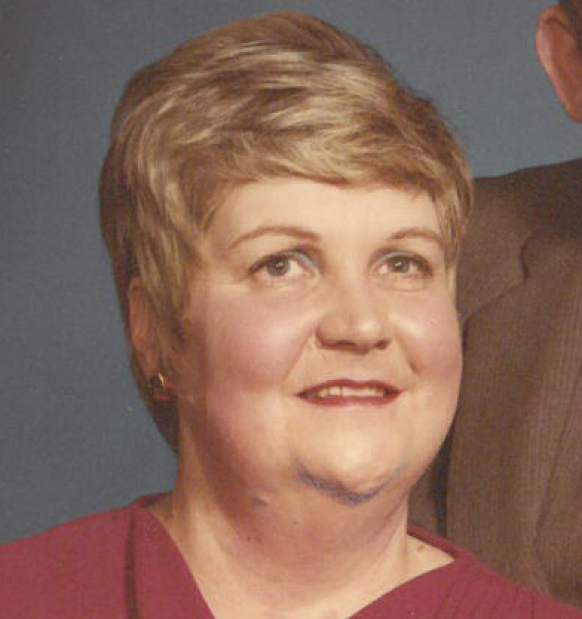Since privatization, Medicaid Waiver applicants often wait in vain for in-home care
Mark Frydrych desperately wanted his ailing mother to spend her final days surrounded by family at his Trafford home.
But with the demands of home, work and his mother's advancing dementia, he knew he needed help.
So he applied for the Medicaid Waiver program, jointly run by the state and federal governments that provides in-home services ranging from assistance with bathing to installation of wheelchair ramps.
Two months later, with no word about his application, he had no choice but to place her in Westmoreland Manor, the county-run nursing home in Hempfield.
By the time she died July 17 — three months after he filed his application — Frydrych still had heard nothing.
State officials and advocates for the elderly say Frydrych, 58, his mother, Juliann, 78, and thousands of other elderly citizens in dire need of in-home care are the unintended victims of the commonwealth's decision to outsource screening for the Medicare Waiver program to a private firm.
The $15 million contract between the state Department of Human Services and Maximus Inc. has spawned monthslong delays for those needing immediate assistance with crucial needs, critics said.
“We had a system that wasn't broken, and now it is,” said state Rep. Pam Snyder, D-Greene. “We had a couple of families who called (my office) who were at the end of their ropes, going back and forth and back and forth. My staff dug in and got them through, but what about all the people who didn't call their state rep?”
Screening for the program, which helps people 60 and older, had been done by county-based Area Agency on Aging employees. Maximus took over in April after federal officials said it was a conflict of interest for the aging offices to review applications for services that often are provided by those same offices.
State Human Services Department press secretary Kait Gillis said Maximus, which was required to process all applications within 60 days under the terms of its contract, was placed “under a corrective action plan” in June with the threat of financial penalties if it did not comply.
Although Gillis said the company has shown progress in the past several weeks — it completed 484 enrollments between April 1 and July 31 — state records obtained by the Tribune-Review show 2,569 applications were filed during that period.
Human services officials said the remaining 2,085 applications are “in process” but did not offer a time line about when they might be completed.
Rebecca May-Cole, director of the Pennsylvania Association of Area Agencies on Aging, said county-based workers were completing 600 to 800 Medicaid Waiver enrollments a month when Maximus took over.
Lisa Miles, senior vice president of investor relations and corporate communications for Maximus, a publicly traded, $1.2 billion company with social service contracts throughout the United States, Canada, the United Kingdom, Australia and Saudi Arabia, declined to comment, referring all questions to the state.
State Rep. Eric Nelson, R-Hempfield, said his staff has been fielding calls from families desperate for help.
Nelson said only nine of the 91 applications filed since April 1 by Westmoreland County residents had been processed as of the end of July.
“When you go to the private sector, it's supposed to be faster, better, cheaper — and this isn't,” Nelson said.
Ironically, it's “easier and faster to get into a nursing home” than to wait for word about an application to the program, begun in 1991 to keep the elderly out of nursing homes, according to Leslie Grenfell, executive director of Southwest Area Agency on Aging.
Even without screening delays, applying for the waiver program, which serves 26,945 Pennsylvanians, is complex and labor intensive, said Kathy Cubit of the Center for Advocacy for the Rights and Interests of the Elderly.
“In the best of circumstances, there were still a lot of problems because of how complicated the process is,” she said.
Applicants, many of whom are in their late 70s to early 90s, must provide a doctor's certificate of eligibility and five years of financial records, including all bank statements, tax returns, property deeds and other documents, to prove they meet income guidelines for the state and federal assistance.
Cubit said those complexities are compounded by Maximus delays and the use of automated calls to elderly applicants who have been warned that such calls often are scams.
“Things got noticeably worse after Maximus began handling enrollment,” she said. “People were having trouble getting through on the phone. Maximus has hired additional staff to answer phone calls. And I also know problems with paperwork getting lost.”
This isn't the first time Maximus has come under fire in Pennsylvania.
In 2011, lawyers with the Disabilities Law Project filed a federal class action lawsuit against the company, which had been charged with enrolling disabled Pennsylvania adults younger than 60 in the Medicaid Waiver program. The suit alleged that the company was refusing to file applications for some and not completing applications in a timely fashion for others.
The case was settled 18 months later when Maximus agreed to revisit those who had been denied and to complete the enrollment process for the others.
Meanwhile, the sting of having to place his mother in a nursing home continues for Frydrych.
“I could have taken her home if we could have gotten some help,” he said. “I put my faith in our government, and I'm just disappointed and out of gas.”
Debra Erdley is a Tribune-Review staff writer. She can be reached at 412-320-7996 or derdley@ tribweb.com.

